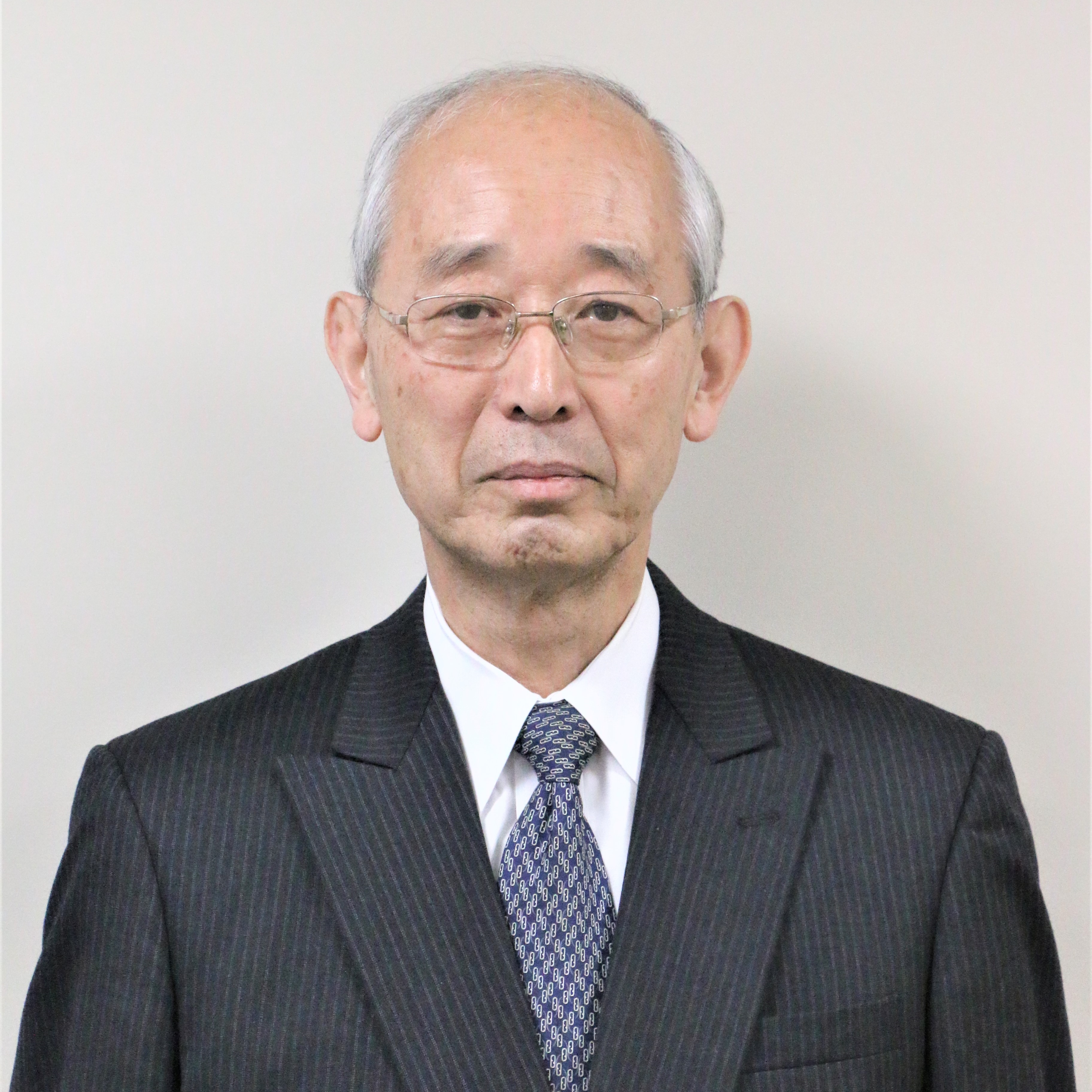


 

 |
Message from Akira Kirigaya
Director of the Institute of
Oriental Philosophy

SGI
President Daisaku Ikeda envisaged the establishment of the
Institute of Oriental Philosophy (IOP) when he
visited
Buddhagaya in 1961, in the middle of journey for the 'Westward Transmission of Buddhism.'
He saw the fundamental activities of the IOP as going in three directions. The first was to deepen research
on the Lotus Sutra, which has enriched the inner lives of people in East Asia for several thousand years.
The second was to conduct comparative research on Buddhist
thought with other religious thoughts, as well as with science. The
third was to establish the theory of Buddhist humanism and pacifism to
help resolve contemporary and global issues.
The first direction of research on the Lotus Sutra came to life with
the creation of the exhibition “The Lotus Sutra and Its
World — Buddhist Manuscripts of the Great Silk Road.” The exhibits
contained manuscripts of important sutras including the Lotus Sutra
which belongs to the Institute of Oriental Manuscripts, Russian
Academy of Sciences. A number of Japanese and European Buddhist
researchers offered high praise to this rare opportunity. The
exhibition was also held in
Austria and Germany. Moreover, another exhibition, “The Lotus Sutra—A
Message of Peace and Harmonious Coexistence,” has been held in Hong
Kong,
Macao, India, Spain, Nepal, Sri Lanka, Brazil, the UK, Taiwan,
Malaysia,
Argentina, South Korea, Peru and Japan.
The IOP has also worked on editing the original
texts of the Lotus Sutra in collaboration with Soka Gakkai. With the
support of many
professionals in Japan and throughout the world, we have conducted
research and
given commentary on various original texts of the Lotus Sutra, which
are preserved at various institutions including Lüshun Museum, the National Archives of Nepal, Cambridge University
Library, the General Library of The University of Tokyo, the Institute
of
Oriental Manuscripts of the Russian Academy of Sciences, the Royal Asiatic
Society of Great Britain and Ireland, the Société Asiatique, the
British
Library and the National Archives of India.
To realize the second and third directions of activity, the IOP has
held joint
symposia with universities and academic institutes all over
the world. The IOP researchers have also given their presentations at
various academic societies. I am convinced that such unity and academic
activities will become more and more important in a world that is
increasingly volatile.
More
than ever,
the IOP will contribute to establishing a theory of Buddhist humanism
and pacifism through active dialogue beyond civilizational and
religious differences. Furthemore, in order to make wisdom more widely
available to society, the IOP will carry out initiatives such as
offering free public lectures and Lotus Sutra exhibitions, publishing The Journal of Oriental Studies
and other books, and updating its website. The time has come in which
the IOP will mobilize its full potential to contribute to a culture of
peace in the 21st century.
|
|
|
Profile
1966 Bachelor of Law, The University of Tokyo
1968 Master of Law, Graduate Schools of Law and Politics, The University of Tokyo
1970 Certified as an Attorney (Tokyo Bar Association)
1986 Professor, Faculty of Law, Soka University
2004 Professor, Soka Law School
2013 Honorary Professor, Soka University
Mr. Kirigaya has served as Vice President and Head of the Law Faculty
of Soka University, and Head of Soka Law School. He has also held
positions such as Auditor and Executive Bourd Member of the IOP, and
Auditor, Executive Board Member and Executive Director of the
Association of Religious Law.
|
|











